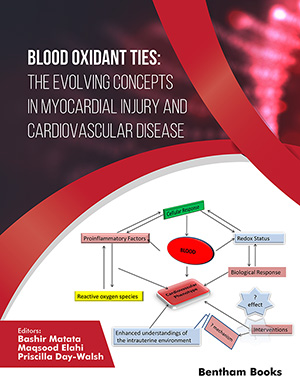Abstract
Patients can develop malignancies due to various reasons including genetic factors, chemical carcinogens, radiation, and defects in their immune system. The immune system is postulated to carry out routine surveillance for malignancy. Patients who have defective immune responses may be susceptible to malignancies due to complicated underlying mechanisms. These include defective immune response to cancer-causing bacteria, transforming viruses, and concomitant molecular, cellular and immunoregulatory defects. Common variable immune deficiency (CVID) is characterized by hypogammaglobulinemia, impaired antibody responses and an increased susceptibility to infections. A disorderly immune response, or immune dysregulation, may also lead to autoimmune complications and possibly to malignancy. The treatment of CVID involves infusion of replacement doses of immunoglobulin, either intravenously (IGIV) or subcutaneously (SCIG). However, it is unclear whether adequate replacement of immunoglobulins is sufficient to prevent the increased risk of malignancy seen in this disease. We present two cases of unusual solid tumors complicating CVID treated with adequate doses of intravenous immunoglobulins. In this study we review the occurrence of malignancy in patients with CVID and postulate mechanisms that may be involved indigent to this disease. We will also review the role of replacement immunoglobulin and discuss cancer screening in these high risk individuals.
Keywords: Common variable immune deficiency, Hypogammaglobulinemia, Malignancy, Granulocytic sarcoma, Adenosquamous carcinoma, Immune surveillance, leukocytosis, neoplasia, colonoscopy

























